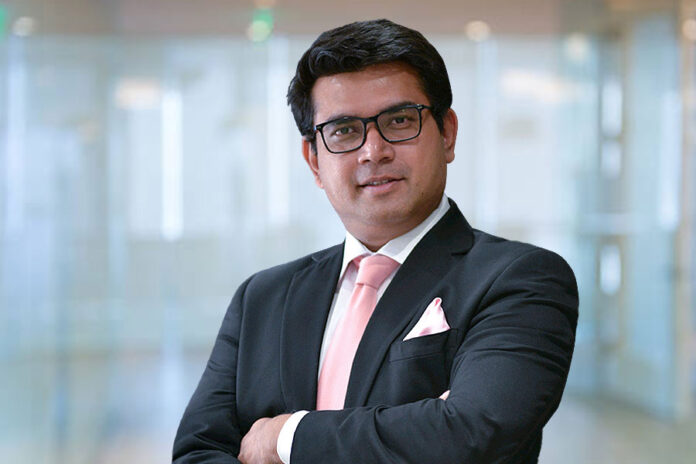Argus Partners has converted its equity partnership structure to a “modified lockstep” model, which aims to compensate partners based on merit and performance, and will consider personal circumstances such as maternity and childcare needs.
Managing partner Krishnava Dutt said the lockstep model will help attract, retain and develop top lawyers, and is a significant step for the firm.
Law firms across the world have been using various versions of the lockstep model for compensation. Under the model, when a partner joins the partnership, they exchange their personal earning capacity and intellectual resources for a share in a collective pool of income generated by other partners.
This allows them to benefit from the future earnings of their colleagues, some of whom may be peers and others who bring varying levels of knowledge and experience acquired over time.
The present structure will not alter the ownership or equity interests of the partners, Dutt told IBLJ.
Dutt said the present compensation structure following the five levels of seniority and performance is the key criterion based on who can jump to a higher level. All the partners agreed that the lockstep model is a progressive move.
“The past couple of years have been significant for the firm with us acting on some of the biggest deals,” Ankit Guha, a partner at Argus Partners, said. “We believe that the lockstep [model] will propel us further while creating an enduring and lasting institution.”
One common criticism for similar models across the world is that the client is often at a position of disadvantage. But Dutt said this is highly unlikely.
“India is a very price-sensitive, competitive market. Here, clients are really intelligent. They know exactly what they want, they know exactly why they need it and they know exactly how much to give,” said Dutt.
“If a client feels that the partner has overcharged, the partner loses the client. It’s as simple as that.”
“I am delighted that we have chosen this lockstep model,” said Aastha, a partner at the firm who goes by a single name. “Having been with the firm since its inception and having witnessed its remarkable growth … I am confident that [the model] will continue to help us to build on our success and reach even greater heights.”



























